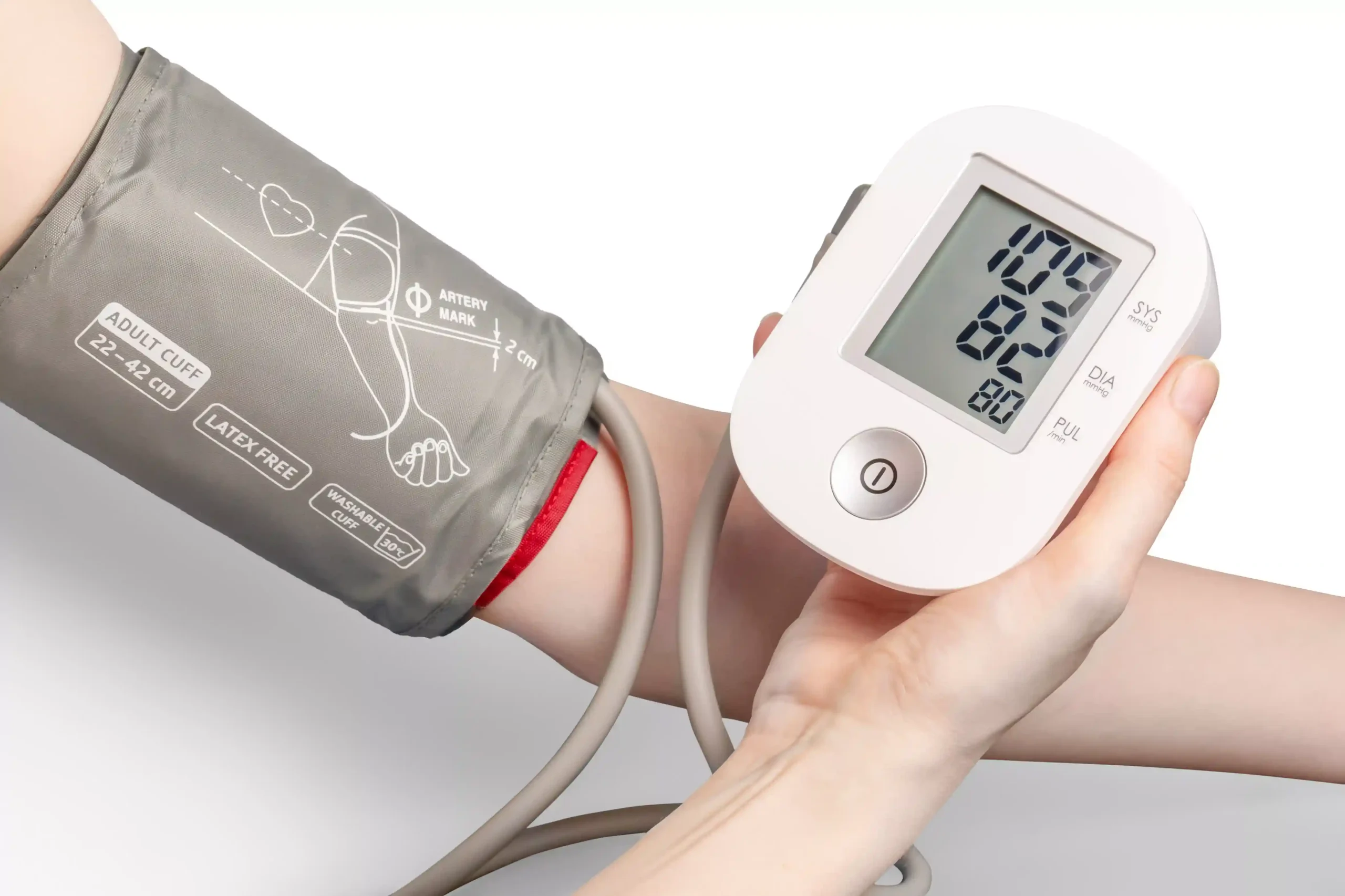Blood pressure, or hypertension, is a very prevalent lifestyle disorder that occurs in individuals worldwide. It may not have any apparent signs or symptoms, but if not regulated, it can lead to heart attacks, strokes, and kidney disease, among other things. Fortunately, blood pressure can be controlled with a combination of medication, lifestyle modification, and follow-up checks. This article discusses easy and practical methods of maintaining your blood pressure in check and what part medications play in its management.
Learning About Blood Pressure
Blood pressure is the force that your blood puts on the walls of your arteries. It is expressed in units of millimeters of mercury (mmHg) and noted as two numbers:
-
Systolic Pressure (first number): The pressure in the arteries while your heart is beating.
-
Diastolic Pressure (bottom number): The force in your arteries when your heart is between beats.
A healthy blood pressure level is usually less than 120/80 mmHg. Readings continuously more than 130/80 mmHg are classified as high blood pressure.
What Really Works to Regulate Blood Pressure?
1. Take Your Medicines as Directed
For most individuals, lifestyle modifications alone are insufficient, and they require drugs to control their blood pressure. Medicines like metart 25 tablet and Metopole 25xl Tablet are usually prescribed by doctors.
-
Metart 25 has Metoprolol Tartrate, a beta-blocker that decreases the heart rate and the pressure at which blood is pumped.
-
Metopole 25xl Tablet is a long-acting Metoprolol formulation that provides day-long uniform control with a single dose.
-
These medicines reduce the workload of the heart, increase blood flow, and help maintain blood pressure within a normal range. But they must be taken only under medical advice, since suddenly stopping or changing the dose can prove to be harmful.
2. Reduce Salt (Sodium) Intake
Salt is a big contributor to an increase in blood pressure. If you consume excessive salt, your body retains extra water, which increases blood pressure.
How to reduce salt intake:
-
Steer clear of processed and packaged foods such as chips, ready-to-eat meals, and sauces.
-
Check food labels and go for low-sodium varieties.
-
Prepare meals at home from fresh ingredients.
-
Restrict pickles, papads, and salty snacks.
-
Do not exceed less than 5 grams of salt daily (about 1 teaspoon).
3. Consume a Balanced Diet (DASH Diet)
The Dietary Approaches to Stop Hypertension (DASH) diet is meant to reduce blood pressure without medication. It promotes:
-
Fruits and vegetables: Potassium and fibre rich.
-
Whole grains: Brown rice, oats, and whole wheat.
-
Low-fat dairy: Milk, curd, paneer, etc.
-
Lean proteins: Chicken, fish, beans, and legumes.
-
Nuts and seeds: In moderation.
-
Decrease red meat, sweetened beverages, and saturated fats. Mindful eating decreases blood pressure and contributes to better overall health.
4. Be Active
Activity makes your heart stronger, increases blood flow, and reduces blood pressure.
Try at least 30 minutes of moderate activity on most days of the week. Options include:
-
Walking briskly
-
Cycling
-
Swimming
-
Dancing
-
Yoga
Even minor adjustments such as taking stairs, stretching, or pacing on the phone add up. If you have been sedentary for a while, begin with small amounts and gradually increase.
5. A Healthy Weight
Overweight or obese individuals place added stress on their heart and blood vessels. Even a 5–10% reduction in body weight can produce a significant fall in blood pressure.
Try these ideas:
-
Eat smaller portions.
-
Avoid sugary drinks and fried foods.
-
Include more fruits, vegetables, and protein in your diet.
-
Stay active.
-
A doctor or dietitian can help create a weight loss plan that suits your body and lifestyle.
6. Quit Smoking and Limit Alcohol
Smoking damages your blood vessels and raises blood pressure. Quitting can start to reverse this damage and improve heart health almost immediately.
Likewise, alcohol should be consumed in moderation or should be completely avoided.
7. Stress Management
Chronic stress is associated with high blood pressure. Attempt to recognize your stressors and learn healthy ways to manage them.
Some relaxation methods include:
-
Deep breathing exercises
-
Meditation or mindfulness
-
Listening to music
-
Spending time with family and friends
-
Taking up hobbies or creative pursuits
-
Seeking help from a professional when necessary
-
Having sufficient sleep (7–8 hours per night) is also important in helping to regulate blood pressure.
8. Check Your Blood Pressure Daily
Monitoring blood pressure at home can inform you and your doctor about how well treatment is working.
-
Use a good-quality digital blood pressure monitor.
-
Take your blood pressure at the same time every day.
-
Sit quietly for 5 minutes first before taking a reading.
-
Keep a record of your readings.
Regular check-ups will ensure the detection of any sudden surge and keep your treatment on the right path.
Lifestyle Changes along with Medication
In the majority of situations, lifestyle modification and medications complement each other. Medications are efficient in managing blood pressure, but they have better efficacy when adopted along with healthy practices.
Never miss a dose or alter your dose without talking to your doctor. Also, always report side effects or symptoms such as dizziness, tiredness, or slowness of the heartbeat.
When to See a Doctor
Visit your doctor if:
-
You have consistently high readings over 130/80 mmHg
-
You get headaches, blurry vision, chest pain, or shortness of breath
-
You feel dizzy or extremely fatigued
-
You want to begin, discontinue, or modify any blood pressure drug
-
Early detection and treatment will prevent complications in the long term.


